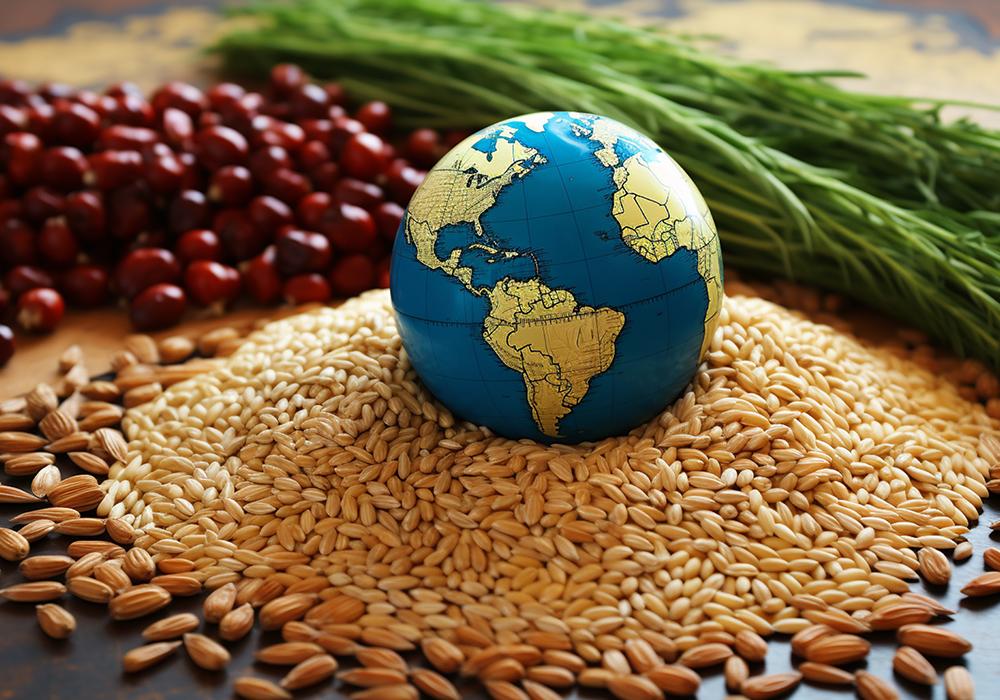Today, consumers are aware of and conscious about what they consume and its impact on their health and our planet. Consequently, the awareness about and interest in organic food has increased. With consumers seeking healthy and sustainable options, the organic food industry poised to reach $4,602 million by 2028.
Globally, World Food Day is celebrated on 16th October every year, to mark a collective effort towards worldwide awareness and encourage a shift towards sustainability for our present and future. This year’s theme is ‘Water is life, water is food. Leave no one behind.’ At Organigram, we genuinely believe in and promote water quality, soil health and biodiversity, and work towards offering healthy and organic food options to our consumers.
As we celebrate World Food Day, let’s explore the virtues of organic food.
It is Healthy
Organic food is free of preservatives, flavours, or artificial colours. In natural farming, there is no use of pesticides, synthetic fertilisers, growth regulators, artificial chemicals, and synthetic hormones. A study found that organic food contained 48% lower levels of cadmium, a toxic metal, compared to non-organic or conventional produce. In fact, organic food is likely to reduce chances of fatal ailments, like cancer, by 25%.
It is More Nutritious
Research has indicated that you receive high natural vitamins, minerals, and antioxidants through organic food. Organic food is known to be richer in natural multivitamins, minerals, enzymes, and micronutrients, compared to its non-organic counterparts.
It is Free from GMO Contamination
Studies have indicated that food that is genetically modified can lead to allergic reactions, cancer, antibacterial resistance, toxicity to body organs, and changes in human DNA. Since Genetically Modified Organisms (GMO) and GMO-derived ingredients are not allowed in certified organic products, consuming organic food emerges as the optimal approach to sidestep potential health concerns associated with GMO consumption.
Better Taste
Organic food has enhanced and superior taste, which can be attributed to the use of more nutritious soil, the absence of genetic modification, and minimal pesticide usage.
It Supports a Healthier Lifestyle and Mother Nature
Organic farming safeguards the welfare of farmers, the environment, and local communities. Unlike conventional methods, organic farming refrains from introducing chemicals and toxins that can adversely affect the atmosphere, water sources, and soil. Moreover, it minimises the occupational exposure of farmers to synthetic herbicides and pesticides, contributing to a safer work environment.
Organic farming is beneficial for nature, especially water and soil, both of which are crucial resources. The benefits include:
- Restoration of soil health and improved quality
- Fewer harmful chemicals in water streams
- Greater plant food biodiversity
- Reduced impact on global warming as it releases fewer greenhouse gases
- Pollinator-friendliness
Whatever your dietary preferences, you will certainly find varied organic food options. Along with enjoying health benefits, organic food can also be our way of working towards a healthier and greener future.


